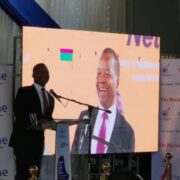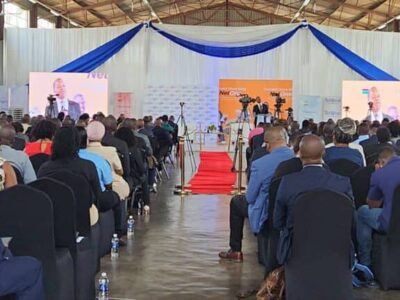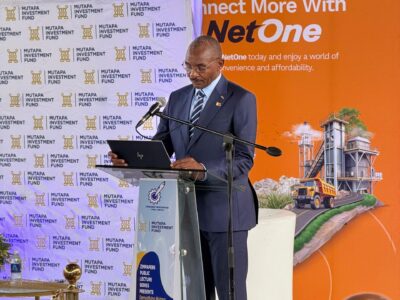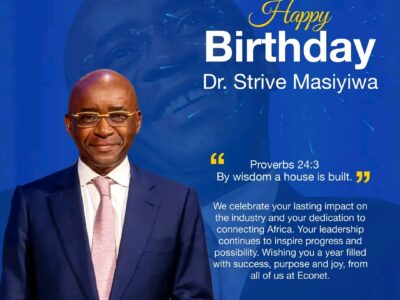The Southern African Development Community (SADC) now boasts the world’s highest mobile money adoption rate at 95%, far surpassing other regions. Financial inclusion has skyrocketed to 83%, up from just 68% in 2019. This is according to data from a keynote presentation by Dumisani Nomagugu Nkala, Managing Director of Telco Broadband and Beyond, at the Evolve ICT Summit 2025.
This rapid transformation is more than just a statistic, it is a revolution reshaping economies, empowering the unbanked, and proving that Africa’s late entry into digital finance may have given it an unexpected advantage.
Mobile money a system allowing users to store, send, and receive money via mobile phones without needing a traditional bank account has become the backbone of financial services in Southern Africa. Unlike in the West, where banking infrastructure was already mature before digital alternatives emerged, Africa’s lack of legacy systems allowed it to leapfrog directly into mobile-first finance.
Countries like Zimbabwe, Zambia, and South Africa have seen explosive growth, driven by telecom-led financial services such as One Money, EcoCash, MTN Mobile Money, and Airtel Money. These platforms have become so ubiquitous that even rural farmers, street vendors, and domestic workers now rely on them for daily transactions.
By Gamuchirai Mapako
Countries like South Africa and Zimbabwe’s adoption of telecom infrastructure as a financial backbone has ensured they outpace even mobile money pioneers like Kenya.
Mobile networks, rather than banks, became the primary financial service providers. Hence, companies like MTN and Econet transformed their airtime credit systems into full-fledged payment platforms.
Hyperinflation in Zimbabwe and liquidity shortages in other SADC nations forced people to seek alternative financial solutions and mobile money provided stability where cash was unreliable.
For countries like South Africa, their fintech sandbox allowed over 40 innovations to flourish in a controlled environment.
Unlike Europe’s rigid banking regulations, SADC policymakers adopted flexible frameworks to encourage experimentation.
Over time, the majority in the Southern Africa region have developed a cultural trust in mobile networks over banks. Low-income users especially, distrusted traditional banks but already relied on mobile networks for communication and telecom companies leveraged this trust to expand into finance.
According to reports, 83% of adults in SADC now have access to financial services.
In South Africa alone, mobile money has enabled domestic workers to receive salaries digitally, small businesses in Johannesburg to accept payments without card machines, and rural families to send remittances instantly.
Despite its success, the mobile money boom faces hurdles such as fraud and cybersecurity Risks hence the growing theme of creating cyber fraud awareness. According to experts, the step is highly necessary as mobile money is evolving into a full financial ecosystem. Micro-loans and insurance are now offered via mobile wallets.
There has been the integration of AI, Chatbots in local languages (Shona, Zulu, Chichewa) to help users manage money without literacy barriers. During the 2025 Evolve Summit most speakers concurred that the SADC region, Zimbabwe especially, needs to come up with solutions build specifically for local problems.
Southern Africa’s mobile money revolution proves that innovation thrives where necessity is greatest. With 95% adoption, it has set a global benchmark one that even developed economies are now studying.
As Dumisani Nomagugu Nkala concluded at the 2025 Evolve ICT Summit
” We’re not just powering Southern Africa’s productivity engine. We’re building the engine that will power the global economy of the 21st century. The opportunity window is now. The technology exists. The talent is here.
The only question is: Will you enable this future or watch it happen without you?”














Comments